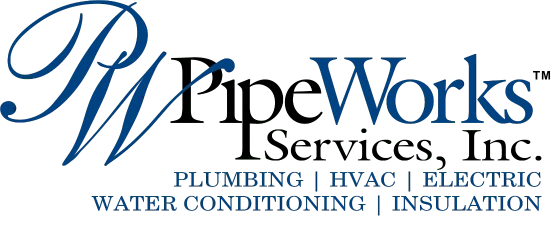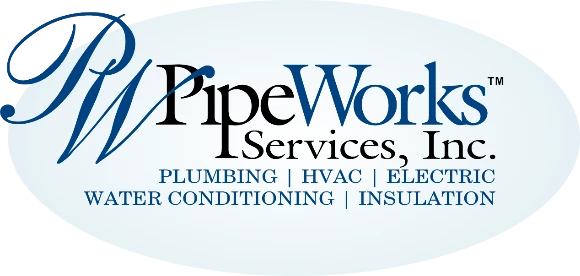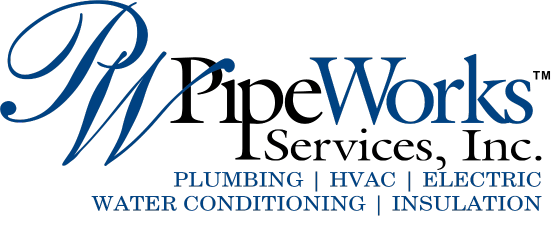Carbon monoxide is a deadly gas that is odorless, invisible, tasteless, ss and undetectable by humans. Most people being poisoned by CO aren’t even aware of what’s happening to them. As a New Jersey homeowner, you probably understand the importance of having carbon-monoxide detectors in key locations throughout your house. CO detectors are most effective about 5 feet over the floor around boilers and furnaces, and also in upstairs hallways. Keep them within 10 to 15 feet of bedrooms. However, keep them away from locations where high humidity is common, such as bathrooms, and away from stoves and ovens that burn fuel. There are many carbon monoxide detectors on the market that offer a variety of features. Not all features are essential. Here are a few tips for sorting through your options. Must-haves: Backup battery. It’s especially important that your CO detectors remain functional if you lose electricity because backup heating sources such as kerosene and gas-powered generators can emit CO. ETL or UL label. These labels indicate the detector meets the minimum requirements for national safety standards. One of these labels should be molded into the unit. Options: Wireless networking. This links all the CO alarms in your house together so that when one is activated, they all go off. LCD. This displays non-fatal spikes in CO levels so that you can investigate potential problems before they become dangerous and sound the alarms. In the event of toxic poisoning, LCDs also help emergency aid workers decide what kinds of treatment will be most beneficial. Vocal warning. Recorded vocal warnings, especially in combination with smoke alarms/carbon monoxide detectors, alert you of what type of danger is present and where it’s located in your house. CO testing kits. CO cans and capsules allow homeowners to test their units. However, CO detectors already have test buttons, and the system constantly monitors itself. Warnings should sound in the event of a malfunction. If you have more questions about how carbon-monoxide detectors ensure the safety of your family, and what features you may benefit from, call Pipe Works Services. We are members of the National Comfort Institute and use and sell our CO detectors to help keep New Jersey homes safe! Our goal is to help educate our customers about energy and home comfort issues (specific to HVAC systems). For more information, click here to download our free Home Comfort Resource guide. Pipe Works Services serves Chatham, NJ, and the surrounding areas. To get started, check out our website.
Must-Haves And Options in Carbon-Monoxide Detectors
July 26, 2011
2 min
WHETHER YOU NEED PLUMBING, HVAC, ELECTRICAL, OR HOME INSULATION SERVICES, CONTACT OUR TEAM TODAY.
CHOOSE PIPE WORKS SERVICES FOR ALL OF YOUR HOME SERVICES NEEDS IN CHATHAM, NORTHERN & CENTRAL NJ
Contractor ID: 13VH001214700, Plumbing License: #B10420, HVAC License: #19HC00015100, Electrical License: #34EB01890900
This site is protected by reCAPTCHA and the Google Privacy Policy and Terms of Service apply.
©2025 Pipe Works Services. All Rights Reserved. Privacy Policy.




